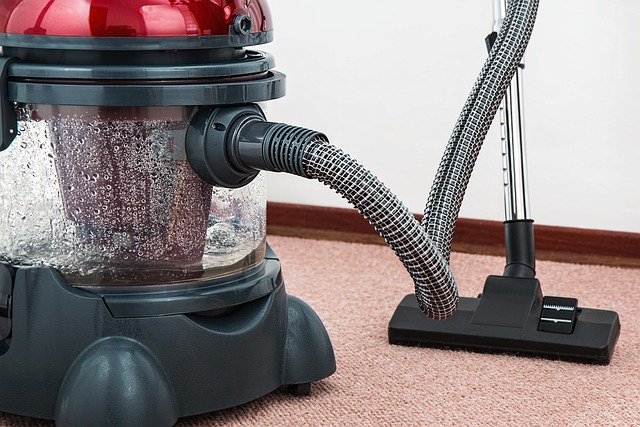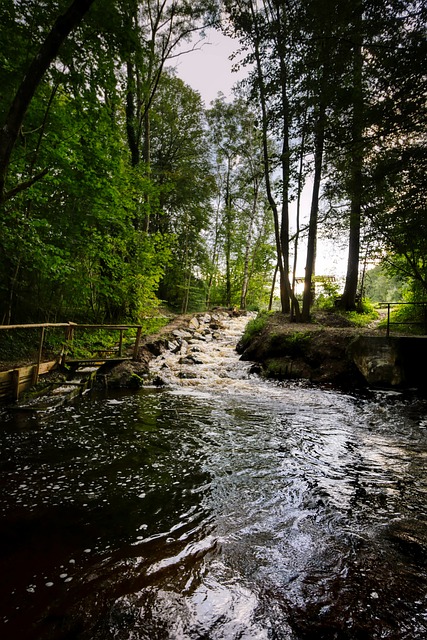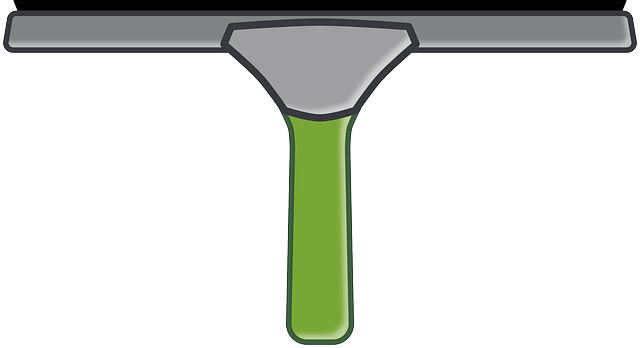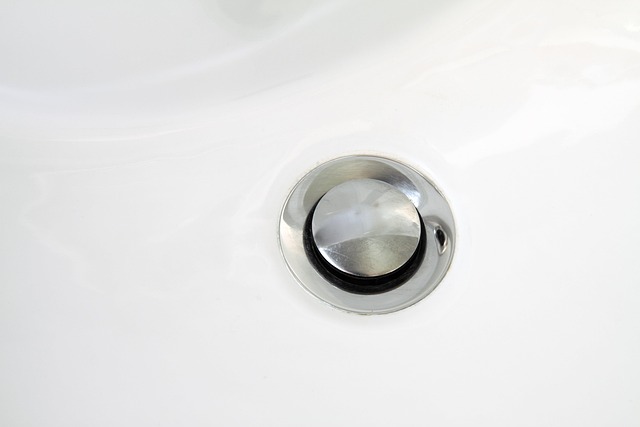This text highlights the importance of choosing the right drain cleaner for optimal plumbing health. Overuse of harsh chemical cleaners causes pipe damage, reduces their effectiveness, and may contaminate water supplies. It recommends using eco-friendly alternatives like baking soda and vinegar or mechanical tools like plungers to prevent clogs. Additionally, it emphasizes best drain maintenance practices and periodic professional inspections to avoid costly repairs and promote a sustainable environment. The key is to find gentle yet effective best drain cleaners for regular maintenance.
Discover why overuse of drain cleaners could lead to costly repairs. This comprehensive guide explores the world of drain cleaning, from understanding different types and their functions to uncovering the dangers of excessive use. We delve into safe alternatives and best practices for maintaining your pipes, ensuring you make informed decisions about choosing the best drain cleaners. Learn how simple preventive measures can save you money in the long run.
- Understanding Drain Cleaners: Types and Their Functions
- The Dangers of Overuse: How It Affects Your Pipes
- Safe Alternatives and Best Practices for Drain Maintenance
Understanding Drain Cleaners: Types and Their Functions

Drain cleaners are essential tools for maintaining a healthy plumbing system, but their overuse can lead to costly repairs. Understanding the different types and their functions is crucial in ensuring effective yet safe usage. The two primary categories are chemical drain cleaners and mechanical drain cleaners. Chemical cleaners, often containing caustic substances like sodium hydroxide or hydrochloric acid, are highly effective at dissolving hair, grease, and other blockages. They’re best for occasional use due to their strong nature, as overuse can damage pipes, especially older ones, leading to costly replacements.
Mechanical drain cleaners, on the other hand, involve tools that physically break down clogs. These include plungers, drain snakes (or augers), and power drills with special attachments. The best drain cleaners for regular maintenance are often mechanical, as they’re gentler on pipes and can be used more frequently without causing damage. By understanding these differences and choosing the right type for specific clogs, you can avoid unnecessary repairs and keep your plumbing system running smoothly.
The Dangers of Overuse: How It Affects Your Pipes

Overusing drain cleaners can seem like a quick fix for clogged pipes, but it comes with significant risks. These harsh chemicals are designed to dissolve grease, hair, and other common blockages, but their frequent use can lead to more severe pipe damage over time. The aggressive nature of many commercial cleaners can wear down the protective coating on metal pipes, causing corrosion and eventual ruptures. Additionally, these products can push foreign substances further down the drain, potentially blocking larger pipes or causing backflows, which can contaminate your water supply.
Regular overuse may also contribute to the buildup of chemical residue inside your pipes, making them less effective over time. This not only reduces their potency but also increases the likelihood of future clogs and obstructions. Opting for eco-friendly, natural drain cleaners or using a plunger as a safer alternative can help preserve the integrity of your plumbing system. Remember, finding the best drain cleaners that are gentle yet effective is key to maintaining healthy pipes without causing unnecessary damage.
Safe Alternatives and Best Practices for Drain Maintenance

Instead of relying on harsh chemical drain cleaners, consider safer alternatives like baking soda and vinegar. These natural solutions are effective in clearing clogs and unblocking drains without causing damage to pipes or posing health risks. Baking soda mixed with vinegar creates a fizzing reaction that can help break down grease and other obstructions.
Best drain maintenance practices involve regular cleaning with hot water, using drain covers to prevent hair and debris buildup, and avoiding pouring grease or fatty foods down the sink. Additionally, periodic professional inspections can identify potential issues early on, preventing costly repairs. Opting for eco-friendly, non-toxic best drain cleaners not only benefits your home’s plumbing system but also contributes to a more sustainable environment.
While tempting to rely on harsh drain cleaners for quick fix, overusing them can lead to more serious plumbing issues down the line. Understanding the types of drain cleaners and their functions, recognizing the dangers of overuse, and adopting safe alternatives like natural remedies or enzymatic cleaners are key to maintaining your pipes effectively. By prioritizing preventative care and choosing the best drain cleaners sparingly, you’ll save money on costly repairs and ensure a smoother, more sustainable plumbing experience.
